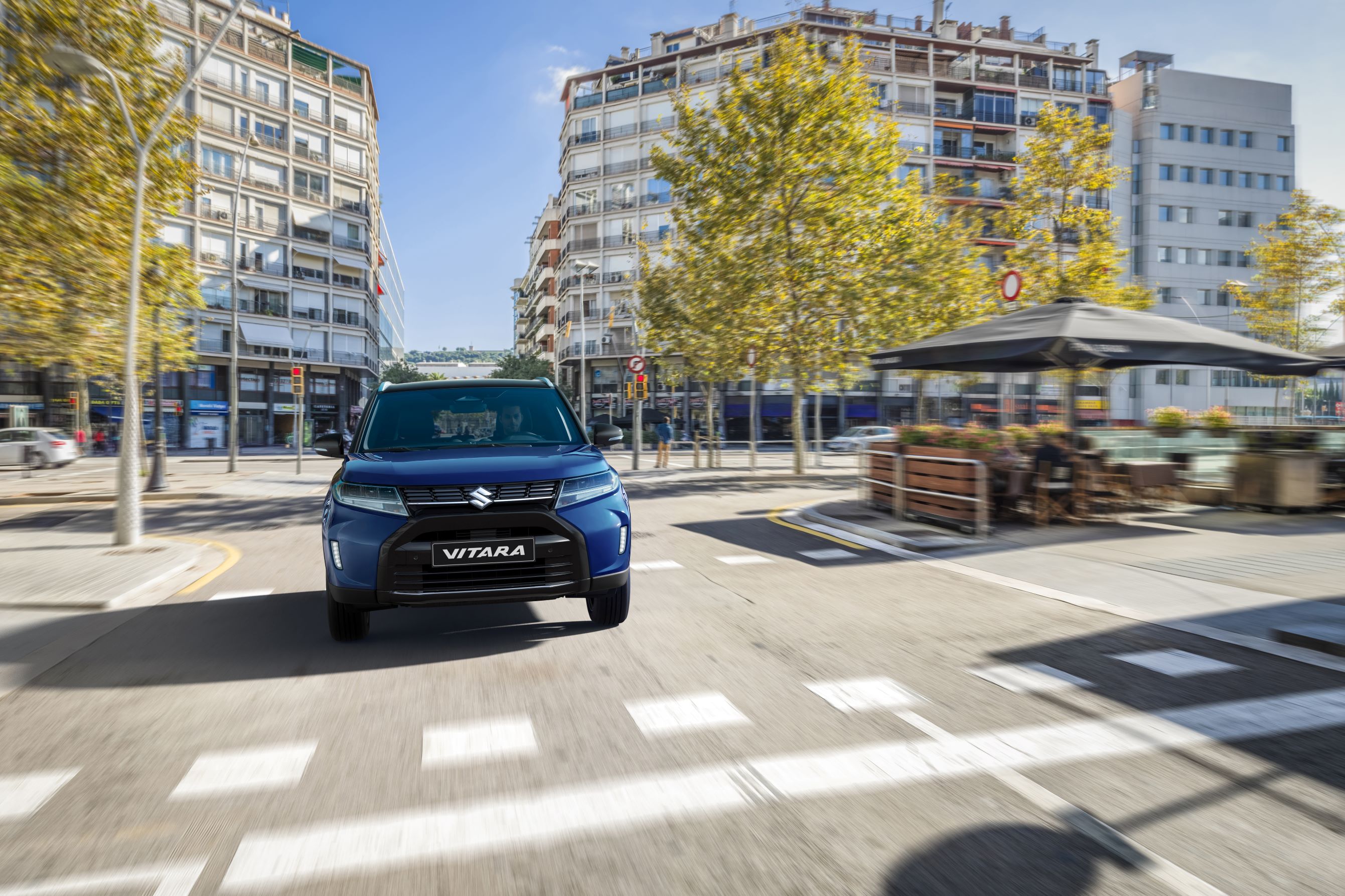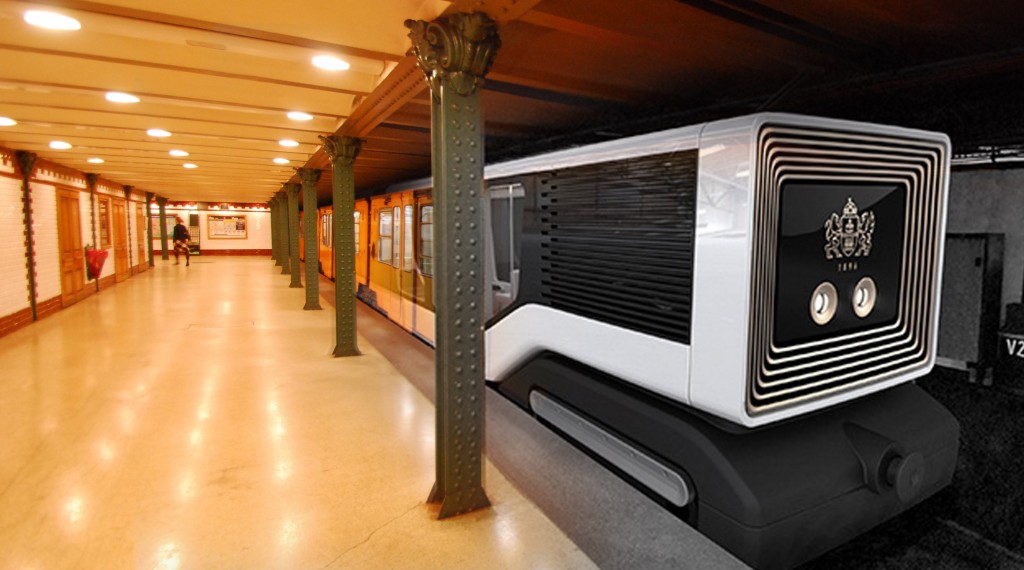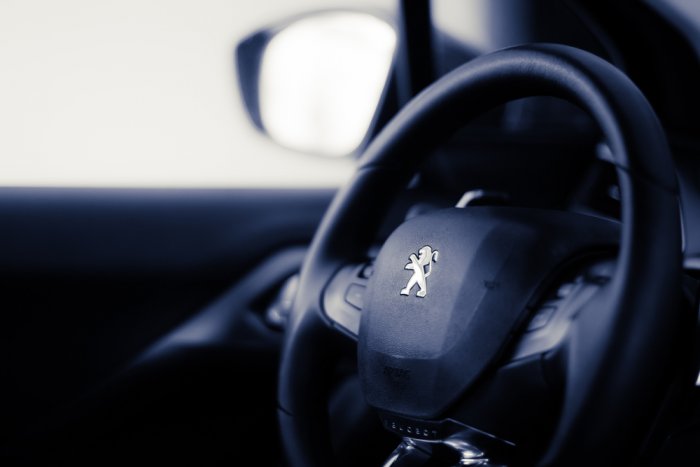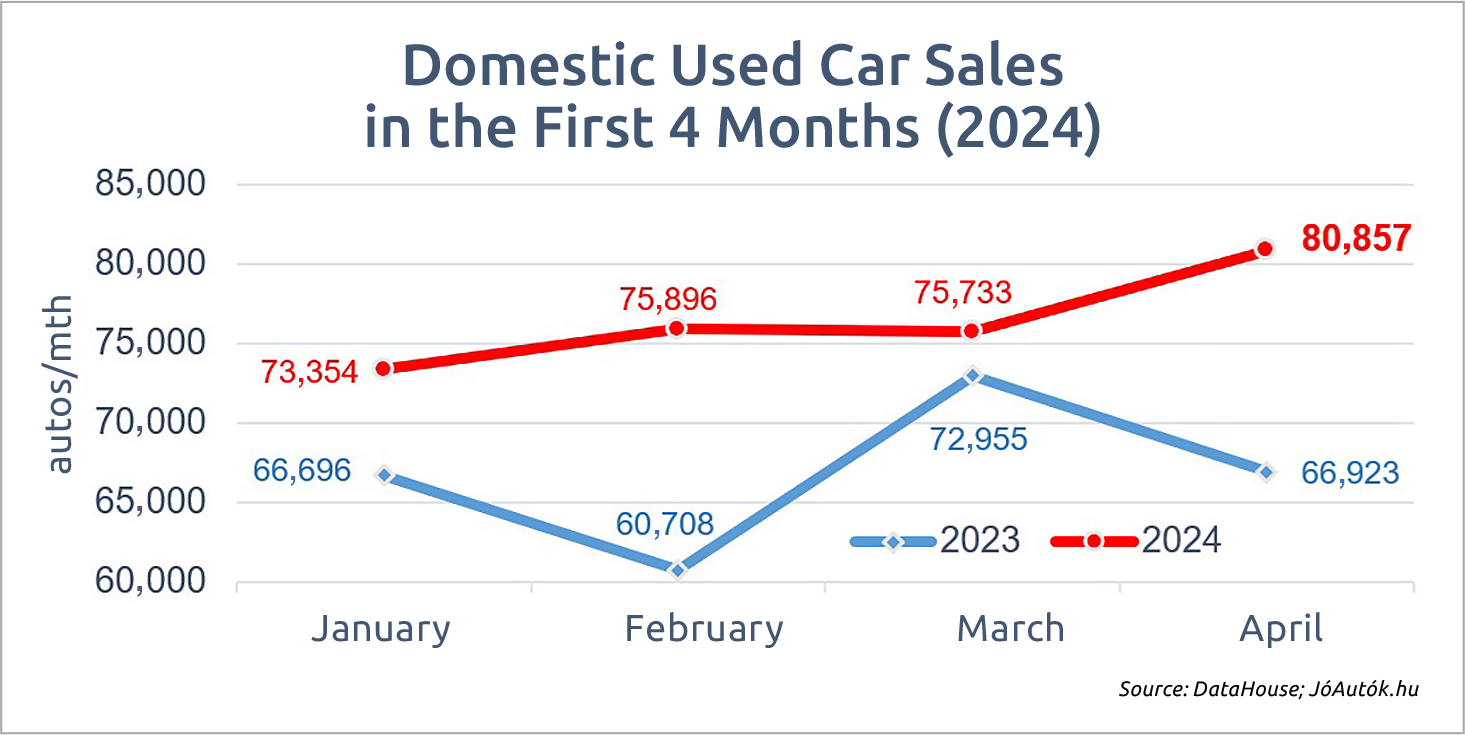Hungarians Spend 5 Hours a Week on Average in Their Autos

The average Hungarian car is primarily used for commuting or shopping, Suzuki says.
Hungarian auto owners use their vehicles for barely five hours a week, as revealed by a survey conducted by Magyar Suzuki between April 29 and May 5. The study found cars were predominantly used for commuting and shopping.
According to data from the Hungarian Central Statistical Office (KSH), at the end of 2023, there were about 4.2 million passenger autos in circulation in Hungary, meaning that nearly one in every two Hungarians owned a car. KSH said the number of passenger vehicles has doubled in Hungary in almost two decades.
Recognizing this trend, Magyar Suzuki aimed to find out how we use our cars in everyday life and for what purposes and surveyed 2,010 respondents over the age of 18.
More than 70% of the respondents said they use their car daily, but looking at the weekly averages, it’s clear they don’t spend much time behind the wheel. Almost 42% of the survey participants spend barely five hours in their vehicle; 38% spend just 10 hours a week.
Such statistics might raise the question of whether owning an auto is even necessary. Yet more than half of the respondents think it is the best solution for commuting, and one in four finds it the simplest for shopping too. Almost one in 10 respondents say they use the car for practically everything, including visiting family and friends, traveling within Hungary or abroad, ferrying children around, and leisure activities.
The distance to travel is the primary factor for nearly half of the drivers when choosing their auto over public transport. However, one-quarter of drivers say they would give up their own vehicle if other transport options were simpler and more practical.
No Cost Cutting on Cars
While the cost of living crisis has made people more conscious about monthly expenses (or at the very least sensible that we ought to be), some costs are still considered essential for a family’s daily life, regardless of the economic environment. Two-thirds of the surveyed drivers said they are not influenced by financial constraints when using their auto; they might save elsewhere but wouldn’t give up their car.
Only one-third of drivers said they would stop using their car if they had to get by on less money. One-quarter of drivers refuel at least once a month, and most do so twice on average.
Among the items commonly found inside the average auto, there will be a shopping bag in almost two-thirds of cars. Tissues, a phone cable and charger, and hand sanitiser are also considered important items. More than one-third of the respondents keep some food and/or drink in their car in case of emergencies.
Although it’s often standard to be able to sync phones with an in-car system, only one-third of the respondents take advantage of this feature. Only one in four drivers say they leave their phone in their bag to avoid distractions. The rest place them in cup or phone holders.
Decades ago, motorists navigated with maps and relied on their instincts in familiar areas; today, we prefer to use route planners. Most drivers will not even set off without such assistance, the only difference being whether they rely on the in-car navigation system or a mobile app. Only one in five drivers said they don’t use such aids, relying instead on their instincts.
This article was first published in the Budapest Business Journal print issue of June 14, 2024.
SUPPORT THE BUDAPEST BUSINESS JOURNAL
Producing journalism that is worthy of the name is a costly business. For 27 years, the publishers, editors and reporters of the Budapest Business Journal have striven to bring you business news that works, information that you can trust, that is factual, accurate and presented without fear or favor.
Newspaper organizations across the globe have struggled to find a business model that allows them to continue to excel, without compromising their ability to perform. Most recently, some have experimented with the idea of involving their most important stakeholders, their readers.
We would like to offer that same opportunity to our readers. We would like to invite you to help us deliver the quality business journalism you require. Hit our Support the BBJ button and you can choose the how much and how often you send us your contributions.











